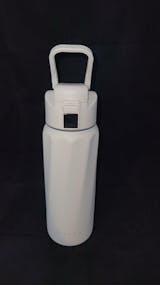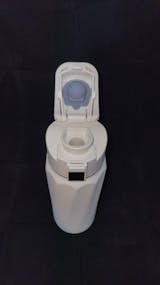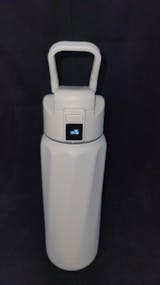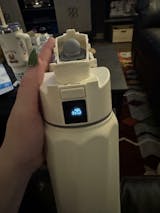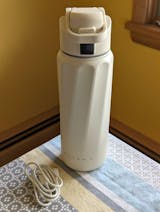
From Sweat to Sip: Calculating Your Water Needs After a Workout
Staying hydrated is a crucial part of any fitness routine, but many people underestimate just how much fluid they lose during exercise—and how much they need to replenish afterward. Whether you are a casual gym-goer or a seasoned athlete, understanding your post-workout hydration needs can improve recovery, performance, and overall health.
In this blog, we’ll break down why hydration matters, how to calculate your water needs after sweating, special considerations for different workouts, and common myths about rehydration.
Why does hydration after exercise matter?

Water is about 60% of your body weight and is vital in regulating temperature, lubricating joints, and transporting nutrients. When you exercise, you lose fluids through sweat, and dehydration can set in if you don’t replace them. Here are the effects of dehydration after a workout:
- Reduced performance – Even mild dehydration (2% body weight loss) can impair endurance and strength.
- Slower recovery – Muscles need water to repair and rebuild.
- Increased fatigue and cramps – Electrolyte imbalances can lead to muscle spasms.
- Heat-related illnesses – In extreme cases, dehydration can cause heat exhaustion or heat stroke.
Rehydrating properly helps your body bounce back faster and prepares you for your next session.
Understanding what is sweat loss
Not everyone sweats the same amount—factors like intensity, duration, climate, and genetics influence how much you lose. People sweat between 0.5-2 liters per hour during exercise. And here is the way to estimate your sweat rate:
- Weigh yourself before and after your workout (without clothes).
- Calculate the difference – Every 1 kg (2.2 lbs) lost equals about 1 liter of sweat.
- Add fluids consumed during exercise – If you drank 500ml during your workout, add that to your total loss.
Example:
- Pre-workout weight: 70 kg
- Post-workout weight: 69 kg
- Fluid consumed: 0.5 L
- Total sweat loss = 1 kg + 0.5 L = 1.5 L
This means you should aim to drink ~1.5 liters to rehydrate fully.
How do you calculate your post-workout water needs?

A general rule is to drink 1.5 times the lost fluid because the body doesn’t absorb all water. Using the earlier example:
1.5 L lost × 1.5 = 2.25 L (spread over the next few hours).
Best Ways to Rehydrate:
- Water – Ideal for short, moderate workouts.
- Electrolyte drinks – Helpful for intense/long sessions (>60 mins) or heavy sweaters.
- Foods with high water content – Watermelon, cucumbers, and oranges also contribute to hydration.
Special hydration considerations and real-life examples
1: Endurance athletes(runners, cyclists).
2: High-intensity interval training.
3: Hpt & humid conditions.
4: Heavy sweaters.
Common myths about post-workout hydration
Myth 1: "If you`re not thirsty, you don't need water."
Myth 2: "You must drink a gallon after every workout."
Myth 3: "Sports drinks are always necessary."
FAQs
How long should I take to rehydrate after a workout?
Aim to replace fluids within 2-4 hours post-exercise. Sip gradually instead of chugging to improve absorption.
Can I drink too much water after exercising?
Yes! Overhydration (water intoxication) can be dangerous. Stick to 1.5x your sweat loss and include electrolytes if needed.
Do I need electrolytes every time I sweat?
This is only recommended for prolonged (>60 min), intense, or sweaty workouts. For light exercise, water and a balanced meal are sufficient.
Conclusion
Hydration isn’t just about drinking water—it’s about replacing what you lose. You can optimize recovery and performance by weighing yourself, calculating sweat loss, and adjusting for workout intensity.
Remember:
- Weigh before & after workouts to estimate fluid loss.
- Drink 1.5x the lost amount over a few hours.
- Add electrolytes for long/hot sessions.
- Avoid overhydration—balance is key!
Next time you finish a workout, listen to your body and measure and replenish smartly. Your muscles (and energy levels) will thank you! Follow WaterH to find more tips for staying well-hydrated.












